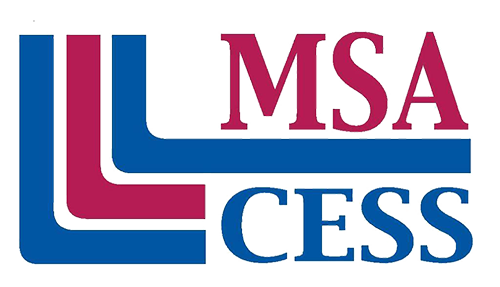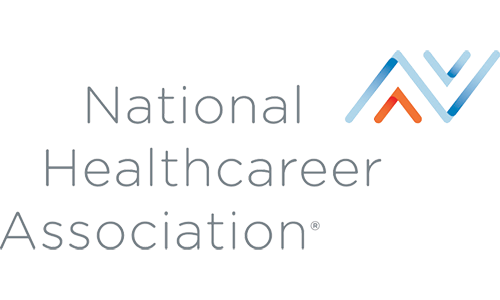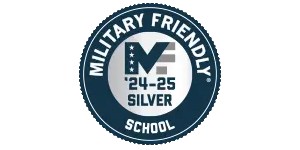Many people automatically assume they will attend a four-year college after graduating high school without considering other options. While this is a great path for some, there are many advantages to choosing a New Jersey technical or career training school. With the cost of college tuition continuing to increase and the high demand for skilled healthcare workers, it’s a good time to consider a trade or technical school instead of a typical four-year college.
Why Choose Technical School Over College in New Jersey?
Due to the skyrocketing cost of a college degree and the increased demand for skilled labor, the number of high school students attending college after graduation has recently decreased by 21%. That is one reason why technical schools are becoming an increasingly attractive option for high school graduates looking for an alternative to traditional college. Here are some key considerations:
- Specialized Training: Technical schools offer specific training in trades or technical skills that are directly related to certain industries or careers. This can be beneficial for students who have a clear idea of the career they want to pursue and are looking for a focused education in that area.
- Cost: Education from a career training school costs much less than a four-year college or university. Students can enter the workforce without the burden of student loan debt.
- Job Market Demand: There is a high demand in the job market for skilled technicians in various fields, such as healthcare. Technical schools can prepare students to enter these high-demand fields.
- Duration of Programs: Technical school programs are shorter, which means students can complete their education and enter the workforce more quickly, sometimes within just a few months.
- Practical Experience: Many technical school programs emphasize hands-on learning and practical experience, which can appeal to students who prefer learning by doing rather than in a traditional classroom setting.
- Career Services: Technical schools often have strong ties to industries and offer robust career services, which can help graduates find employment more easily after completing their programs.
- Flexibility: Programs at technical schools may offer more flexible scheduling options, including evening and weekend classes, which can be advantageous for students who need to work while attending school.
- Certifications and Licenses: Many technical school programs prepare students to obtain the necessary certifications and licenses required in certain fields, including healthcare, which can be a significant advantage in the job search process.
- Smaller Class Sizes: Technical schools often have smaller class sizes, which can lead to more individualized attention from instructors and a better learning environment.
The Changing Landscape of Technical Schools
In the United States, there is a growing demand for people with specific skills for various jobs, including healthcare. However, our traditional education system sometimes struggles to teach these skills effectively. When high school students graduate, they typically face two options: attending college or entering the workforce directly. While most students choose college, some find it challenging because college education often focuses heavily on theoretical learning from textbooks, which can be less engaging for certain individuals. This mismatch between educational offerings and the demands of the job market has led to a high dropout rate (around 40%) among college students who lack practical job-ready skills.
While traditional colleges have traditionally been the go-to choice for high school graduates (with approximately 62% of high school graduates in 2021 immediately enrolling in a two-year or four-year college or university program, according to the National Center for Education Statistics), these recent trends and factors are sparking greater interest in technical schools. These schools have experienced consistent growth in recent years.
In many other parts of the world, like the European Union, technical schools are highly valued by graduates. Almost half of all teenagers there attend career schools similar to those in New Jersey. These career schools offer an alternative for people who excel in hands-on, real-world learning, helping them build essential practical skills for success in different jobs. To meet the growing demand for skilled workers in the United States, it’s essential to rethink our educational choices to better match students’ diverse learning needs and career goals.
Contact A New Jersey Technical School Near You Today
At ACI Medical & Dental School in Eatontown, NJ, we help high school graduates get certified for in-demand jobs in the healthcare field in just a few months. With outstanding student outcomes, financial aid options, flexible class options, and career training opportunities, we are one of the leading New Jersey technical schools. Contact us today to tour our campus and learn more about our exciting programs:
- Certified Medical Assistant Program with EKG, Phlebotomy, and Patient Care Technician
- Dental Assistant Program with Radiology
- Medical and Dental Administrative Assistant Program with Electronic Health Records, Billing & Coding







